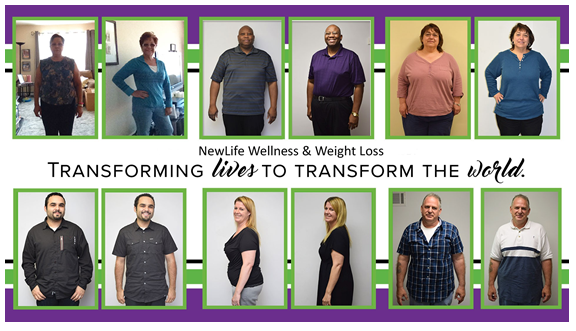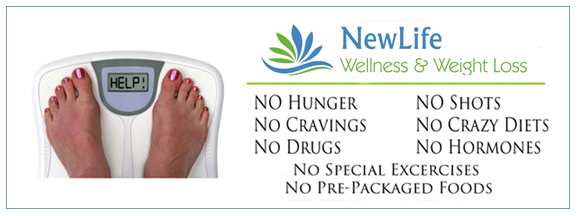
Eggs are an essential ingredient in a standard American breakfast. Scrambled, poached, or fried, eggs are so delicious and easy to consume.
Over the last decades, eggs have sparked off much debate. Some people trust that this chicken product is a source of protein and nutrients, while others believe that it could multiply your chances of developing heart disease.
So, let’s clear up some common misconceptions about eggs and shed light on the amazing benefits they confer on the human brain – and body. Here are 5 scientifically proven advantages of eating two eggs every day:
Positive Egg-ffect on the Aging Process

A handful of Dutch investigators conducted a series of studies involving women and men of different ages and diets. Considering the findings, 87% of female participants within the 35 – 40 age range witnessed a significant reduction in age spots and skin sags, after the regular consumption of eggs. On the flip end, men showed a noticeable improvement in the wrinkles around the eyes (they became visibly smooth). That said, the consumption of two eggs every day can slow down the aging process and improve your skin tone and texture.
Remember that the effect of eggs on your skin will not show overnight; it requires time and consistency.
Easy Pregnancy

Thanks to their high content of B vitamins, eggs have a beneficial effect on women who desire to conceive a baby. Indeed, vitamin B9 (or folic acid) plays a vital role in the formation of sex hormones.
As a matter of fact, folic acid contributes to the formation of red blood cells as well as the neural tube of the fetus. On top of that, it helps lower the risk of child’s mental retardation. Moreover, research suggests that women who eat eggs during pregnancy have babies with higher IQ levels.
In brief, vitamin B9 is crucial for women during pregnancy planning – and one egg features 7.0 mcg of this vitamin.
Lower Risk of Cancer

Eggs contain a generous amount of choline, which is important for the human brain and its proper functioning. Actually, phospholipids, which protect the brain and ensure the normal transmission of signals between brain cells are essentially made of choline. Two eggs are sufficient to ensure your recommended daily intake of this nutrient.
As far as the “c” word is concerned, a study found that women who consumed eggs during their adolescence showed an 18% lower risk of breast cancer. So, it is advisable to consume two eggs on a daily basis to keep cancer at bay.
On a side note, eggs boost concentration and help with eyesight correction.
Reduced Risk of Cardiovascular Diseases

While many people believe that eggs can soar your chances of developing cardiovascular diseases, recent studies reveal the exact opposite. The dose of cholesterol eggs contain is balanced with phosphatides. Therefore, the regular consumption of eggs is not dangerous to your health. Furthermore, eggs halt the production of the body’s own cholesterol.
What is even more interesting about eggs is that they reduce the global triglyceride levels, thanks the decent amount of omega 3 fatty acids they contain. For this reason, they are thought to lower the overall risk of cardiovascular diseases and keep your heart as healthy as ever.
Better Liver Health

It may come as a surprise that eating boiled eggs helps cleanse your liver and maintain its optimal function. That’s because eggs harbor essential nutrients for humans, together with a high percentage of vitamin B12, biotin, and digestible nourishing proteins.
More than that, the phospholipids present in eggs aid with the removal of toxins from the liver. In addition, they boost your memory and promote healthy hair and skin. Several studies discovered that a deficiency in choline can lead to non- alcoholic or fatty liver disease. So, the daily consumption of two eggs helps you secure your daily intake of this nutrient.






















